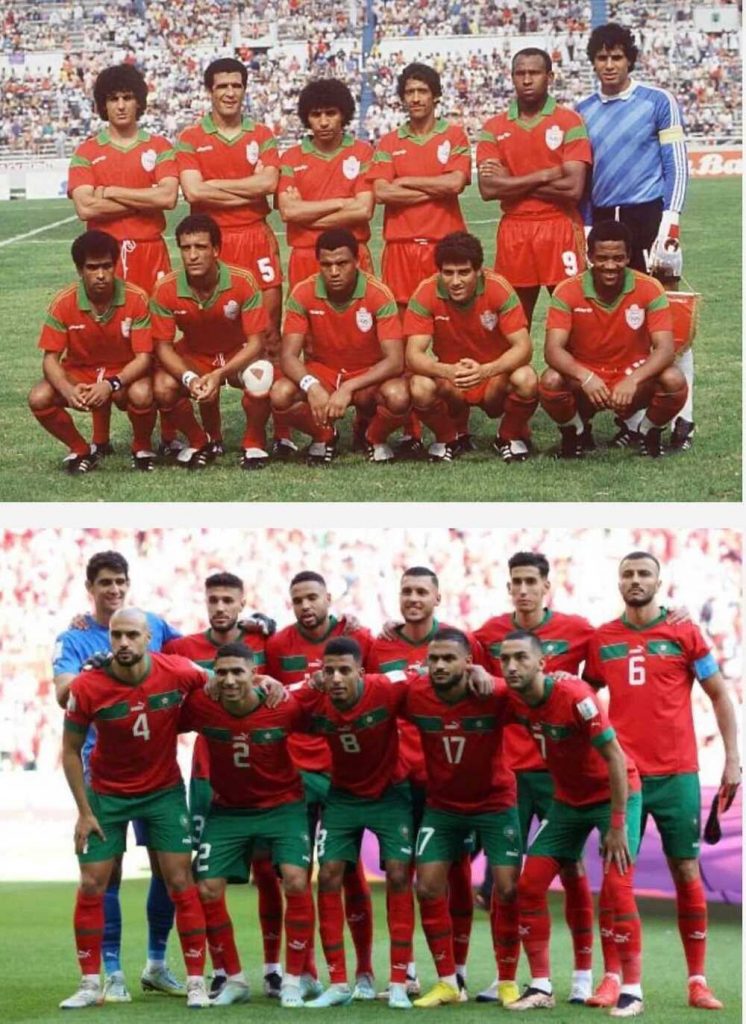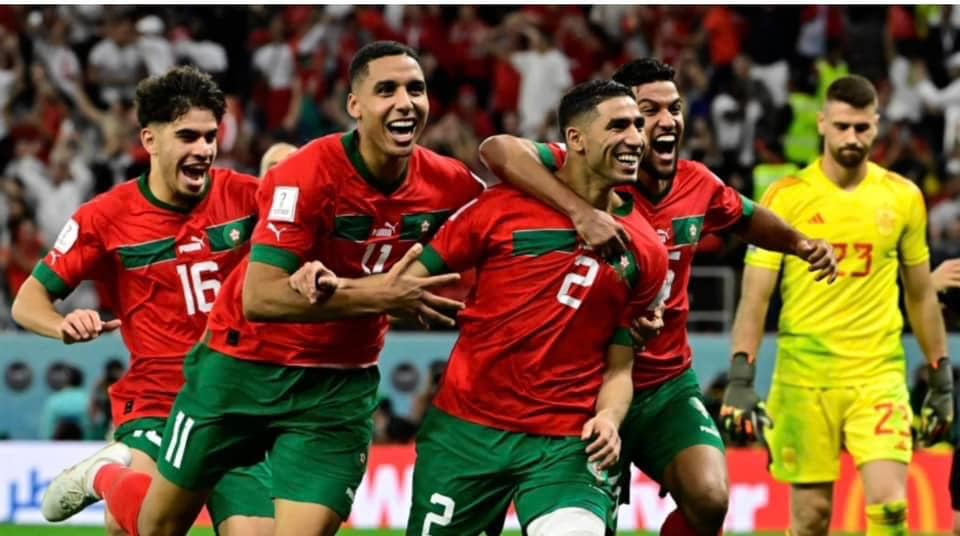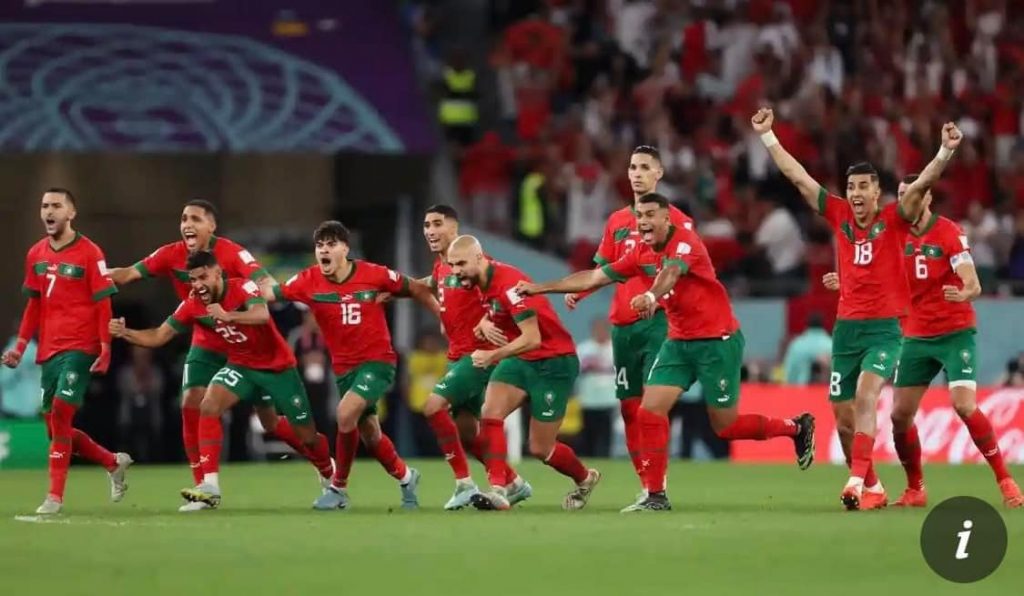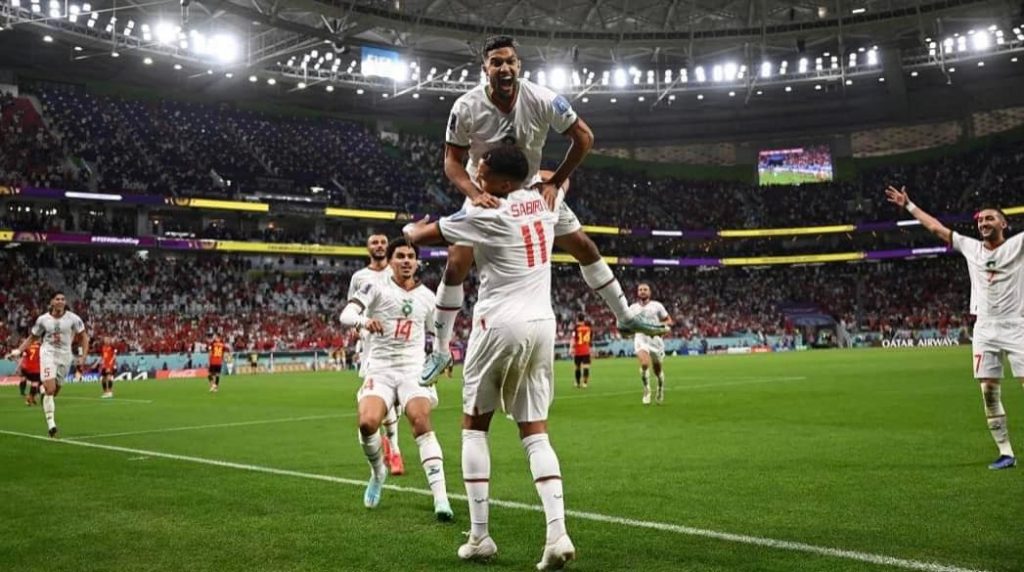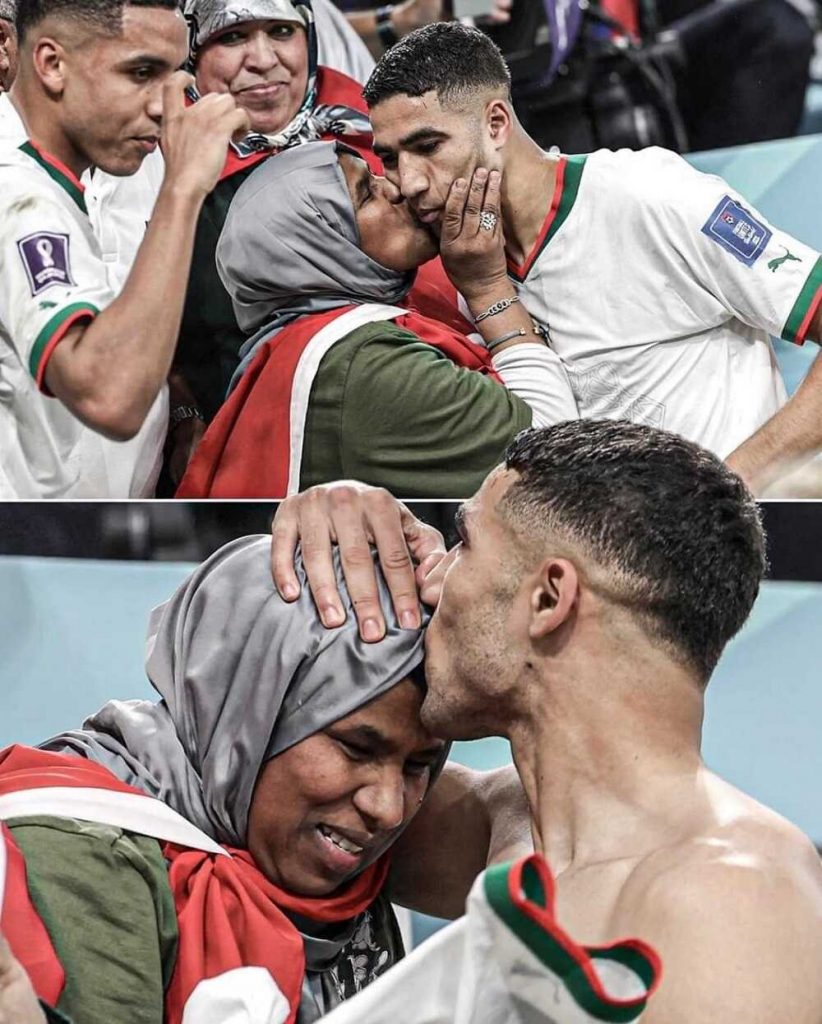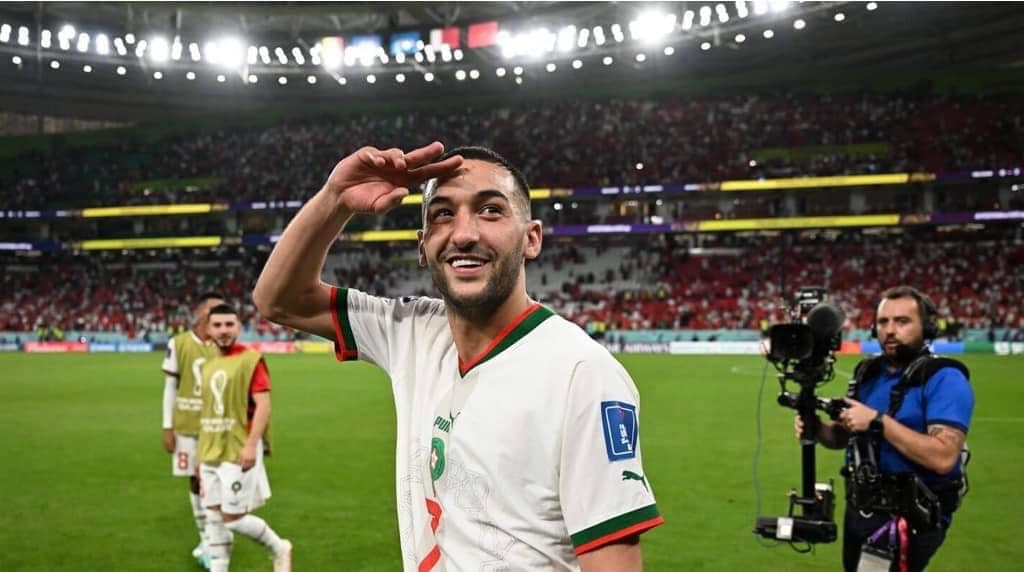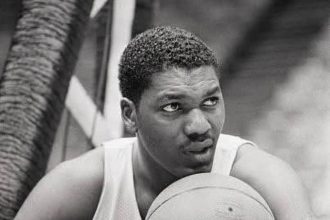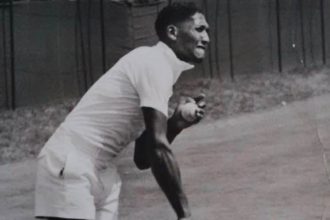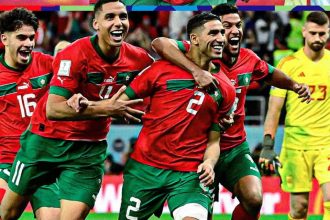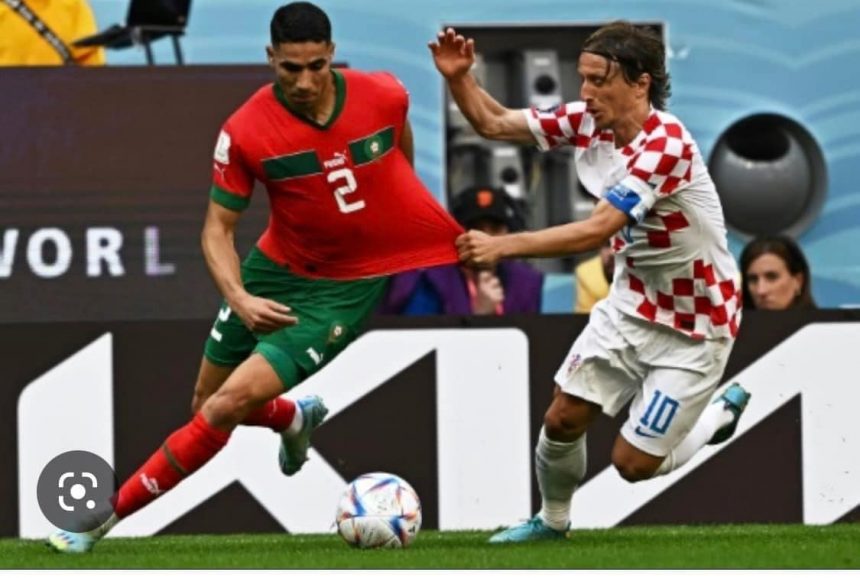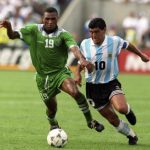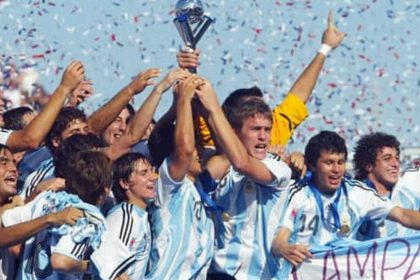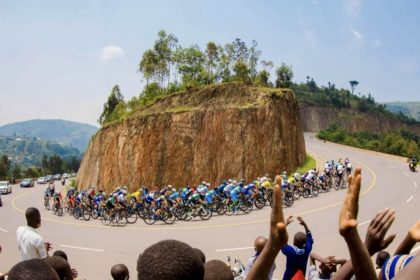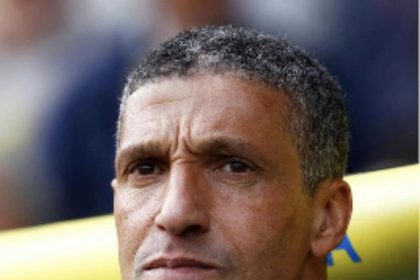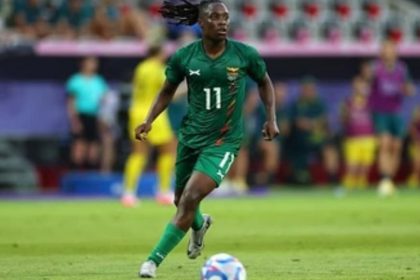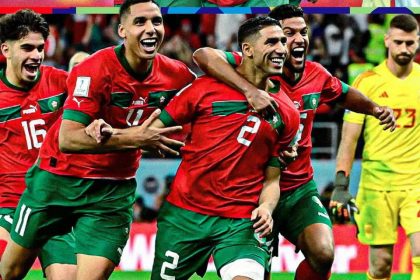It was ecstasy for Morocco and sheer anguish for Spain as the Atlas Lions defeated the former world champions on penalties at Qatar’s Education City Stadium and secured a quarter-final berth for the first time in their World Cup history (the Atlas Lions were also the first African country to break through the first round barrier in Mexico ‘86 after topping a tough group that included the likes of England, Portugal and Poland).
After the Spain-born PSG of France’s right back, Achraf Hakimi (who will most likely be the runaway favourite for the prestigious CAF’s African footballer of the year award 2023 to be announced at the end of the season) scored the winning penalty, Moroccan fans were jubilant beyond words, hugging and jumping with friends and family.
The growing influences of footballers with African’s ancestry but born in Europe can not be overlooked anymore, in my past series on this same subject I have highlighted that the last two African cup of Nations, Egypt 2019 and Cameroon 2021 were won by Algeria and Senegal respectively with squads dominated by African-Europeans.
Soccer is a global game that allows African soccer players to express their patriotism. In 1995, Liberian soccer sensation George Weah won World Player of the year. It was one of the high points in African soccer history where Africans cheered irrespective of their national divide. In some countries like Nigeria with a large ethnic diversity, soccer has become a uniting force. The question remains, will we ever see an Africa soccer team win the World Cup? Imagine the huge celebration such a feat will elicit.
With many of the major European soccer leagues being financially lucrative, African soccer players often choose European countries over Africa. However, there are some exceptions. Some foreign-born Africans are making a U-turn to represent their African countries. Some may argue that it is due to the stiff competition to make the first team in European countries. However, in some cases, this is simply due to love for Africa.
The squad lists released by FIFA clearly showed that Morocco have the highest number of African-Europeans among all the five African representatives to Qatar 2022, 14 of the 26-man squad of Morocco to the on-going World Cup were born in Europe, with their first choice goalie, Sevilla FC’s Yassine Bounou being a Canada-born, making him the 15th player in the squad born outside Africa and 7 of them started the round of 16 match against Spain, followed by 13 from Senegal (Ghana have the least numbers in their squad) and the skippers of both countries Romain Saïss and Kalidou Koulibaly were both born in France, so it is actually not a coincidence that both countries were the only two African representatives that survived round one, with the Atlas Lions Morocco already the only one in the Quarterfinals stage, the 4th time in the history of African football after the exploits of the indomitable Lions of Cameroon in Italia 90, the Teranga Lions of Senegal in Korea/Japan 2002 and the Black stars of Ghana of the South 2010 generations, interestingly these three African countries that first achieved the last 8 appearance in the history of FIFA’s World Cup were all coached by European managers, Walid Regragui, a former defender born in France to parents from Fnideq in northern Morocco (an African-European too) spent three years playing in Spain and won 45 caps for Morocco but never appeared at a World Cup finals just made history by becoming the first coach with African’s ancestry to accomplish same.
Success is not achieved by mere wishes alone.
Morocco, just like Senegal, have a significant number of players who grew up in Europe but chose to represent the North African nation. An interesting facet because the North African country hardly identifies as an African nation. In 1987, the country lobbied to be part of the European Union. The tiny Spanish enclaves of Ceuta and Melilla sit on the northern shores of Morocco’s Mediterranean coast, together they form the European Union’s only land borders with Africa.
Historically, both port cities developed as military and trade centres linking Africa to Europe. Since 1995, they have enjoyed a limited degree of self-government as Autonomous Communities.
Unemployment among the native workforce is more than 30%, among the highest rates in Spain. The cities are a magnet for thousands of traders and menial workers who cross the border from Morocco each day to earn a living.
So this gives us clue into how early African from the Maghreb immigrated to Europe before 1995 and pre-independence as first generation migrants to become the parents new generations of African-Europeans footballers.
But their players are nurtured in European football academies, play in their junior national teams and then represent Morocco at the senior level and the World Cup.
Vox, an American media company, did an explainer as to why so many footballers come from France. One interesting fact is that France has had the most native players and coaches in the last four World Cups. This is attributed to France recruiting labourers from different parts of the world after the second world war, to rebuild the nation. Around that time, France also set up structures to boost the national football team.
Riyad Mahrez, A French-born Algerian and also one of the most wicked-left-footed players in world football, explained to Skysports that France produces lots of good footballers because of the social set-up in the country merged with well-built infrastructures of pitches and gyms.
References:
Alexandra Stanescu, Showkat Shafi (Aljazeera reporters), BBC News, 12 November 2018, Kehinde Fagbuaro.
